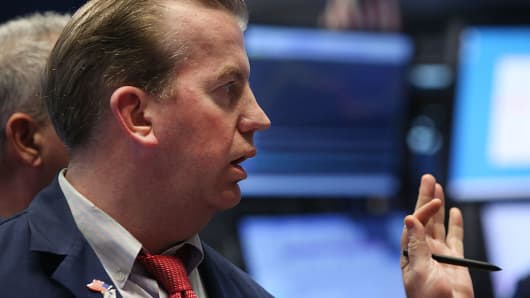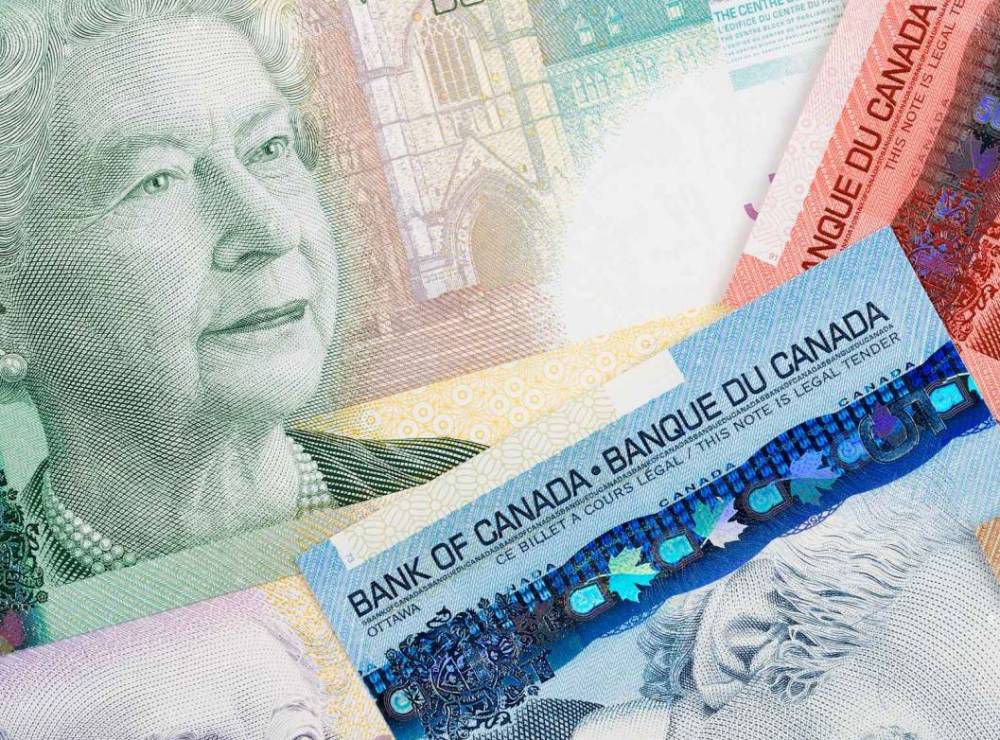The U.S. stock market has reclaimed virtually all of its post-Brexit losses because of one thing: the expectation of further central bank intervention, Jim O’Sullivan, chief U.S. economist at High Frequency Economics, said Friday.
“Equity markets are back to where they ]were], but bond yields are a lot lower, so there’s the assumption that globally, monetary policy is going to offset the shock of Brexit,” O’Sullivan told CNBC’s “Squawk Box.”
After the United Kingdom voted to leave the European Union, Bank of England Governor Mark Carney said that more stimulus may be needed, adding he sees “material slowing” in economic growth as a result of the vote.
Two other major central banks, the European Central Bank and the Bank of Japan, have launched creative monetary policies in an effort to jump-start their economies, namely dropping interest rates into negative territory.
The Federal Reserve has not cut interest rates nor implemented new policies since the vote, but U.S. rates remain at historically low levels.
Since the Brexit referendum, sovereign yields have fallen sharply, with the U.S. 10-year hitting an all-time low.
“It’s almost too smooth the way it’s worked out so far, and something’s got to give,” O’Sullivan said.
Jeff Rosenberg, chief investment strategist for fixed income at BlackRock, said Friday the 10-year yield could remain lower for longer if the shocks to the global economy from Brexit are stronger than previously thought.
“Now we’re waiting to see what is the lagging impact and the shocks. If the shocks turn out to be stronger, then you’re going to see even lower interest rates,” he said in a “Squawk Box” interview.
“Certainly, the story post-Brexit is a shock to the global economy, and it’s certainly taken away expectations that the Fed is going to be able to normalize anywhere near to the path that they were expecting.”
Correction: This story has been updated to reflect that Mark Carney is the governor of the Bank of England.




